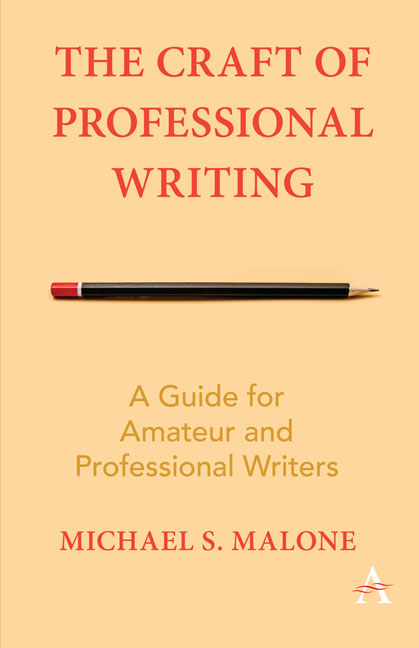Book contents
7 - Technical Writer
from Part Two - Corporate Careers and Disciplines
Summary
What is technical writing?
Technical writing is the careful use of language to make the complexities of technology and science— especially the application of the former and the understanding of the latter— comprehensible to users, students, professional peers and other interested parties. The applications of this writing discipline include explaining the operation and repair of products and devices, instruction in the use of a service or application and, in the case of technical and scientific papers, the sharing of new knowledge.
What makes technical writing different?
More than most other forms of corporate writing, and certainly more than writing for media, technical writing gives priority to clarity of communication over art and style. And whereas accuracy is vital for all forms of media writing— especially for all forms of journalism— for technical writing absolute accuracy is nearly an obsession. And for good reason: make a mistake in instructions for, say, the repair of an airplane engine, and the results can be catastrophic.
Therefore, those individuals who gravitate to technical writing are different from their counterparts in the writing professions, even from those in other corporate writing jobs. Indeed, technical writers seem to exist in a different reality from those counterparts, with their own training (there are far more technical writing programs than there for all other professional writing careers combined), professional organizations, conferences and seminars.
Because the priorities of technical writing are so different, potential professional writers who care most about writing, rather than content; or about style over clarity, would be well advised to steer clear of the technical writing profession or they will be doomed to unhappy careers. Conversely, writers who give priority to explanation, and to helping others understand, may find a comfortable home in this profession.
Types of technical writing
As a rule of thumb, technical writing takes as its province those tasks that involve a complex process or a difficult topic that must be transformed into a linear and highly organized narrative or series of steps that are explained in plain language mixed with accurate terminology. Thus, the most common vehicles for technical writing are texts that deal with the operation of complex systems (how to fly an airplane, how to operate a gas chromatograph), the repair of such systems (diesel engine repair) or procedures for working with a complex methodology (computer programming, surgery).
- Type
- Chapter
- Information
- The Craft of Professional WritingA Guide for Amateur and Professional Writers, pp. 95 - 108Publisher: Anthem PressPrint publication year: 2018



